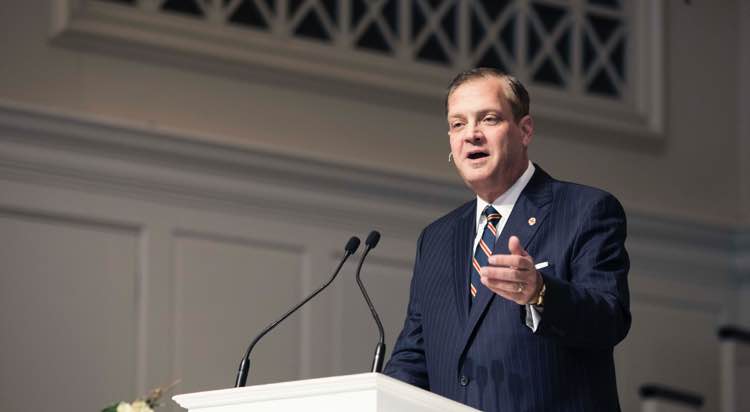In an episode of “The Briefing,” yesterday Dr. Al Mohler of Southern Seminary reflected on the death of the renowned physicist Stephen Hawking. You can read a full transcript of the eight minute segment on Hawking using the link above.
Login to read more
Sign in or create a free account to access Subscriber-only content.
Topics:
